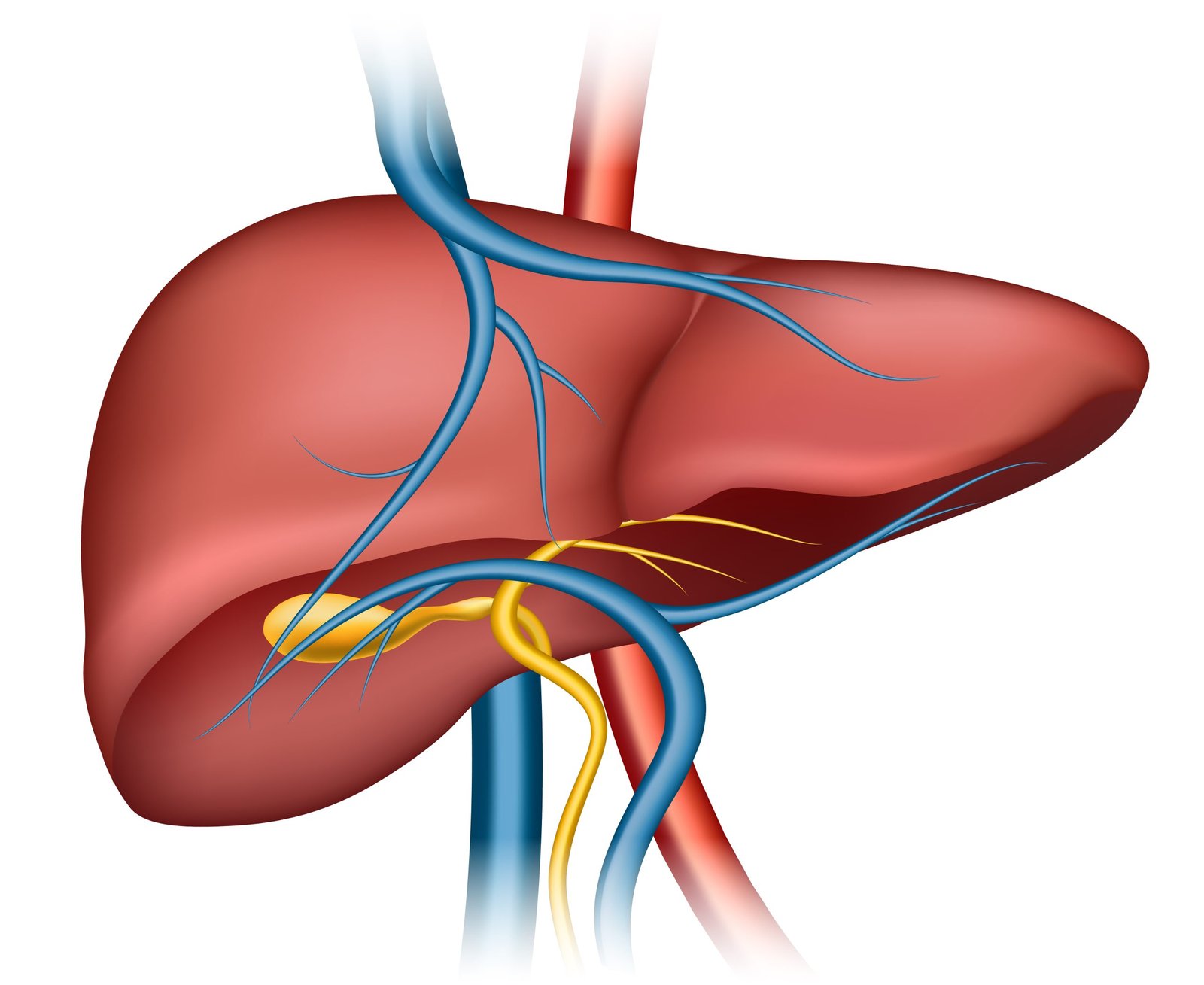What Are The Most Common Symptoms Of Gallbladder Diseases?
Gallbladder diseases can manifest through a variety of symptoms, often causing discomfort and disruption to daily life. Some of the most common signs to watch out for include:
- Abdominal pain, particularly in the upper right quadrant
- Nausea and vomiting
- Jaundice, characterized by yellowing of the skin and eyes
- Fever and chills
- Indigestion and bloating
- Changes in bowel habits, such as diarrhea or constipation
- Unexplained weight loss
Why Is It Important To See A Gastroenterologist For Digestive Issues Rather Than A Primary Care Physician?
While primary care physicians play a vital role in managing overall health, gastroenterologists specialize in diagnosing and treating disorders of the digestive system. Here’s why consulting a gastroenterologist for digestive issues is essential:
- Specialized expertise: Best gastrologist in Kalkaji undergo extensive training in the diagnosis and treatment of digestive disorders, allowing them to offer specialized care tailored to your specific needs.
- Advanced diagnostic tools: Gastroenterologists have access to advanced diagnostic procedures, such as endoscopy and colonoscopy, which enable them to accurately diagnose digestive conditions and develop effective treatment plans.
- Comprehensive care: Gastroent
- erologists can address a wide range of digestive issues, from common ailments like acid reflux to complex conditions like inflammatory bowel disease and liver diseases. They can provide comprehensive care that addresses the root cause of your symptoms and improves your overall digestive health.
10 Surprising Causes Of Liver Diseases You Need To Know
Liver diseases can have various causes, some of which may come as a surprise. Here are ten unexpected factors that can contribute to liver diseases:
- Excessive alcohol consumption: Chronic alcohol abuse is a leading cause of liver diseases, including fatty liver disease, alcoholic hepatitis, and cirrhosis.
- Obesity: Being overweight or obese increases the risk of developing non-alcoholic fatty liver disease (NAFLD), a condition characterized by the accumulation of fat in the liver.
- Viral hepatitis: Infections with hepatitis viruses, such as hepatitis B and C, can cause inflammation of the liver and lead to chronic liver diseases if left untreated.
- Medications and supplements: Certain medications and herbal supplements can be toxic to the liver and contribute to liver damage.
- Autoimmune diseases: Autoimmune liver diseases, such as autoimmune hepatitis and primary biliary cholangitis, occur when the immune system mistakenly attacks the liver, leading to inflammation and damage.
- Genetic factors: Genetic mutations and inherited liver disorders, such as hemochromatosis and Wilson’s disease, can predispose individuals to liver diseases.
- Environmental toxins: Exposure to environmental toxins and pollutants, such as aflatoxins and industrial chemicals, can damage the liver and increase the risk of liver diseases.
- Poor dietary habits: Diets high in processed foods, refined sugars, and unhealthy fats can contribute to liver damage and increase the risk of liver diseases.
- Insulin resistance: Insulin resistance and metabolic syndrome are associated with an increased risk of NAFLD and non-alcoholic steatohepatitis (NASH), two common forms of liver disease.
- Untreated medical conditions: Certain medical conditions, such as diabetes, high blood pressure, and high cholesterol, can impact liver health if left untreated.
What Are The 7 Foods That Can Help Heal Your Liver Diseases?
Maintaining a healthy diet is essential for supporting liver health and preventing liver diseases. Here are seven nutrient-rich foods that can help promote liver healing and function:
- Leafy greens: Leafy green vegetables like spinach, kale, and Swiss chard are rich in antioxidants, vitamins, and minerals that support liver detoxification and reduce inflammation.
- Fatty fish: Fatty fish such as salmon, mackerel, and sardines are excellent sources of omega-3 fatty acids, which have anti-inflammatory properties and may help reduce liver fat accumulation.
- Cruciferous vegetables: Cruciferous vegetables like broccoli, Brussels sprouts, and cauliflower contain compounds that support liver detoxification and protect against liver cancer.
- Berries: Berries such as strawberries, blueberries, and raspberries are packed with antioxidants that help combat oxidative stress and inflammation in the liver.
- Nuts and seeds: Nuts and seeds like walnuts, flaxseeds, and chia seeds are rich in omega-3 fatty acids, fiber, and antioxidants that support liver health and reduce liver damage.
- Olive oil: Extra virgin olive oil is a healthy fat that contains anti-inflammatory compounds and may help reduce liver inflammation and improve liver function.
- Green tea: Green tea is loaded with antioxidants called catechins, which have been shown to protect the liver from damage and promote liver regeneration.
Conclusion:
Understanding symptoms, seeking specialized care, identifying surprising causes, and embracing a liver-healing diet are crucial for optimal liver health. Consulting a best gastroenterologist doctor in kalkaji to ensures tailored care and access to advanced diagnostics. By recognizing threats and embracing liver-friendly foods, individuals can fortify their bodies and thrive in every aspect of life.

